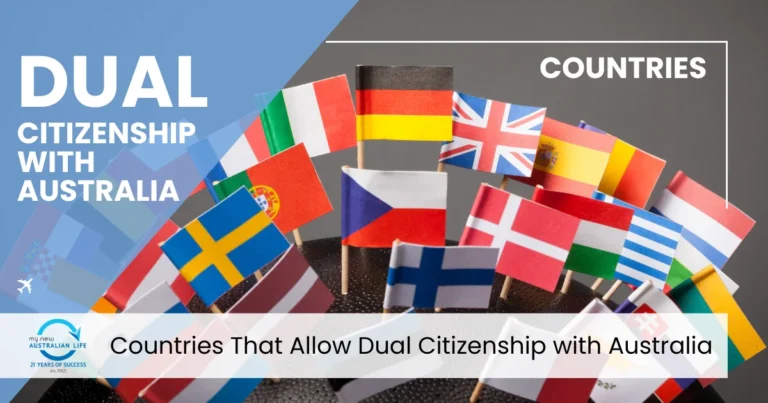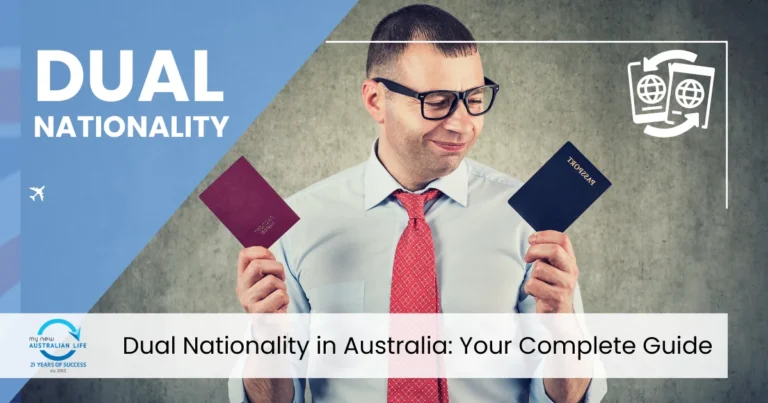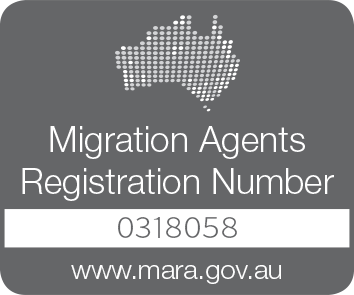State sponsorship visas are a vital part of Australia’s immigration system, providing pathways for skilled migrants to live and work in specific states or territories. These visas offer several benefits, including additional points towards the General Skilled Migration (GSM) points test, and in some cases, faster processing times. This article will explore how state sponsorship visas work, how a student pathway can lead to a state-sponsored visa, and the differences in state sponsorship availability between Sydney and Adelaide.
How State Sponsorship Visas Work
State sponsorship visas are designed to address specific skill shortages in various states and territories. These visas fall under the GSM category, which includes:
- Subclass 190 – Skilled Nominated Visa: A permanent visa for skilled workers nominated by an Australian state or territory government.
- Subclass 491 – Skilled Work Regional (Provisional) Visa: A temporary visa for skilled workers nominated by a state or territory government to live and work in regional Australia.
Also Read: New South Wales 190 Visa
Eligibility Criteria
To be eligible for a state-sponsored visa, applicants must:
- Be under 45 years of age.
- Have a nominated occupation on the relevant state or territory’s skilled occupation list.
- Obtain a positive skills assessment for the nominated occupation.
- Meet the minimum English language proficiency requirements.
- Achieve a minimum score on the GSM points test (currently 65 points, but state nomination can add additional points).
The Student Pathway to State Sponsorship
Studying in Australia can be an advantageous pathway to securing a state-sponsored visa. Here’s how it works:
- Study in Australia: Complete a course of study in Australia, ideally in a field that is in demand in a particular state or territory.
- Temporary Graduate Visa (Subclass 485): Upon graduation, apply for a Temporary Graduate Visa, which allows you to stay in Australia and gain work experience.
- Gain Relevant Work Experience: Accumulate the necessary work experience in your field, which can increase your points for the GSM points test and make you more attractive to state and territory governments.
- State Nomination: Apply for nomination from an Australian state or territory. Each state has its own criteria and occupation lists, so it’s essential to research and target the states that are most relevant to your field of study and work experience.
Benefits of Studying in a Regional Area
Studying in a regional area like Adelaide offers several advantages:
- Additional Points: Gain extra points for studying and living in a regional area.
- Easier Pathways: Access to a wider range of occupations for state nomination.
- Regional Incentives: Some states offer specific incentives for international students who choose to study and stay in regional areas.
Differences Between Sydney and Adelaide: Regional vs. Non-Regional
Sydney (New South Wales)
- Non-Regional Area: Sydney is considered a non-regional area, which means it does not offer the additional benefits and concessions available to regional areas.
- High Competition: The demand for visas in Sydney is high, leading to more competition for state nomination.
- Occupation Lists: New South Wales has a broader occupation list but stricter nomination criteria compared to regional areas.
Also Read: NSW Australia State Sponsorship: Eligibility and Application Guide
Adelaide (South Australia)
- Regional Area: Adelaide is classified as a regional area, offering additional benefits such as extra points for regional study and a broader range of occupations eligible for nomination.
- Lower Competition: There is generally less competition for state nomination in regional areas compared to major cities like Sydney.
- Incentives for Students: Studying in Adelaide can make you eligible for additional points under the GSM points test and offer pathways to permanent residency through state nomination.
Conclusion
State sponsorship visas are a strategic pathway for skilled migrants, especially for those who study in Australia. By understanding the differences between regional and non-regional areas, such as Sydney and Adelaide, students and skilled workers can make informed decisions about where to study and work to maximize their chances of securing permanent residency.






